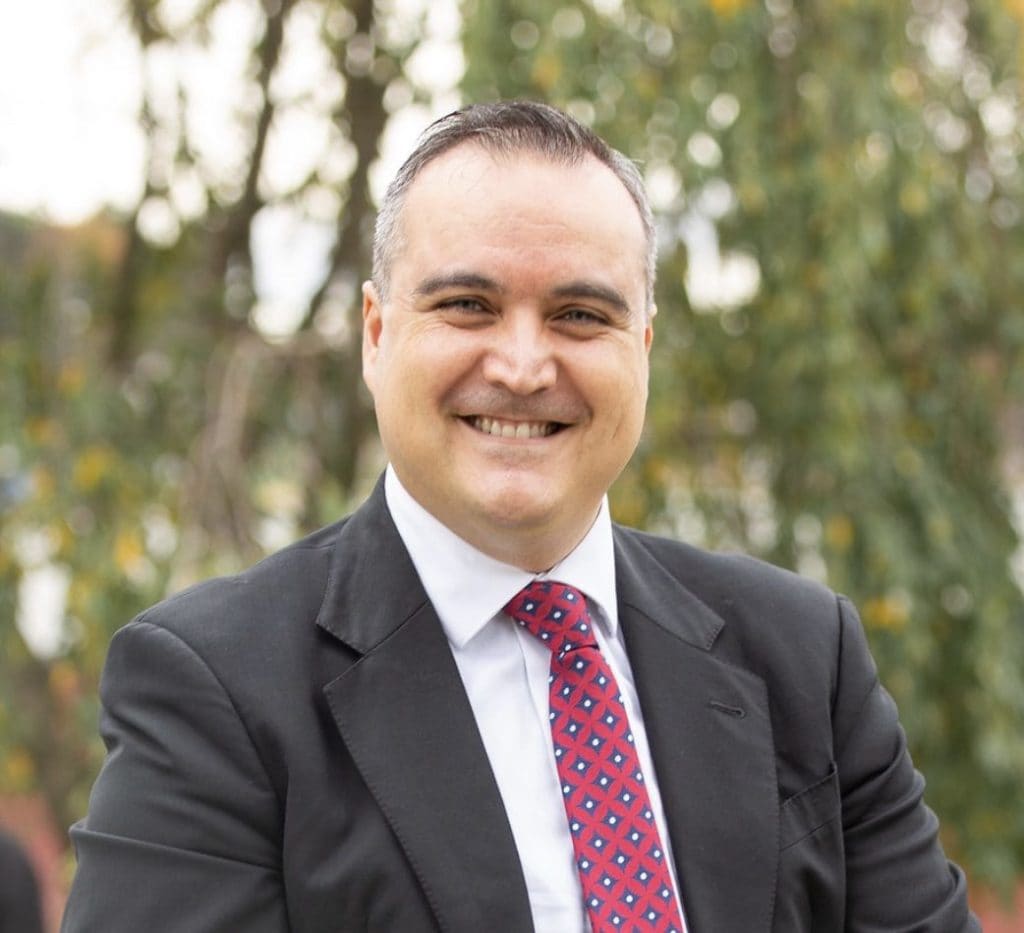
The Seventh-day Adventist Theological Seminary at Andrews University has established the Andrews Center for Community Change (ACCC). The mission of the ACCC is to help pastors in the U.S. and Canada to engage their churches with their communities, leaders of the institution in Berrien Springs, Michigan, United States, said.
Studies have shown that Adventist churches grow when they combine traditional outreach methods with community engagement, testimony to the truth of Ellen White’s thoughts that Christ’s method of interaction — mingling with people and ministering to their needs — brings success in reaching people.1 Ellen White also concludes that if these services are undertaken, accompanied “by the power of persuasion, the power of prayer, the power of the love of God, this work will not, cannot, be without fruit.”2 These sentiments represent the theological vision of the new center.
The core activity of the ACCC is to mentor pastors to implement new or enhance existing community projects with their churches that address the needs of their communities. Mentors who personally have a strong pastoral track record of church community engagement will provide one-on-one mentoring.
The ACCC will also provide individualized training in the area of community development practices related to needs assessment, grant writing, budgeting, project management, and trauma. This training is open to all pastors regardless of their academic background, leaders said.
The new center will reach out in the spring 2023 to pastors and their conferences to recruit an initial 50 pastors to benefit from this mentoring. Mentoring will be provided to each pastor for three years, with an annual intake of 60 additional pastors. For pastors already experienced in community development, the ACCC will provide more focused support in grant writing for expanding or creating community engagement initiatives.
The ACCC will also collaborate closely with project partners including Adventist health-care providers (Adventist Health and Kettering Health), Versacare, Adventist Community Services at the North American Division, the InMinistry Center, and the Urban Ministry Network. The center is currently working with its health-care partners to develop a limited selection of project templates in which Adventist health-care institutions can partner with local churches to improve community health outcomes.

Ignacio Goya was recently appointed as director of the ACCC. Goya worked for many years at the Adventist Development and Relief Agency (ADRA), implementing programs related to development, food security, mental and physical health, education, micro-credit provision, human trafficking, disaster response, and immigration. He most recently served as a pastor in the Chesapeake Conference, where he put his ADRA experience into practice at the local church level. He also served as the conference ACS director, mentoring a network of other pastors and lay leaders to help them establish community projects with their churches — a network of pastors which now mentors other pastors.
The initial phase of the ACCC project is funded through a US$5 million grant from Lilly Endowment Inc., secured for Andrews University through the work of Carlisle Sutton, research services coordinator, Office of Research & Creative Scholarship, and Cedric Vine, associate professor of New Testament at the seminary.
The original version of this story was posted by the Lake Union Herald.
_______________________________
1. “Christ’s method alone will give true success in reaching the people. The Saviour mingled with men as one who desired their good. He showed His sympathy for them, ministered to their needs, and won their confidence. Then He bade them, ‘Follow Me.’ ” Ellen G. White, The Ministry of Healing, p. 143.
2. White, The Ministry of Healing, p. 143.